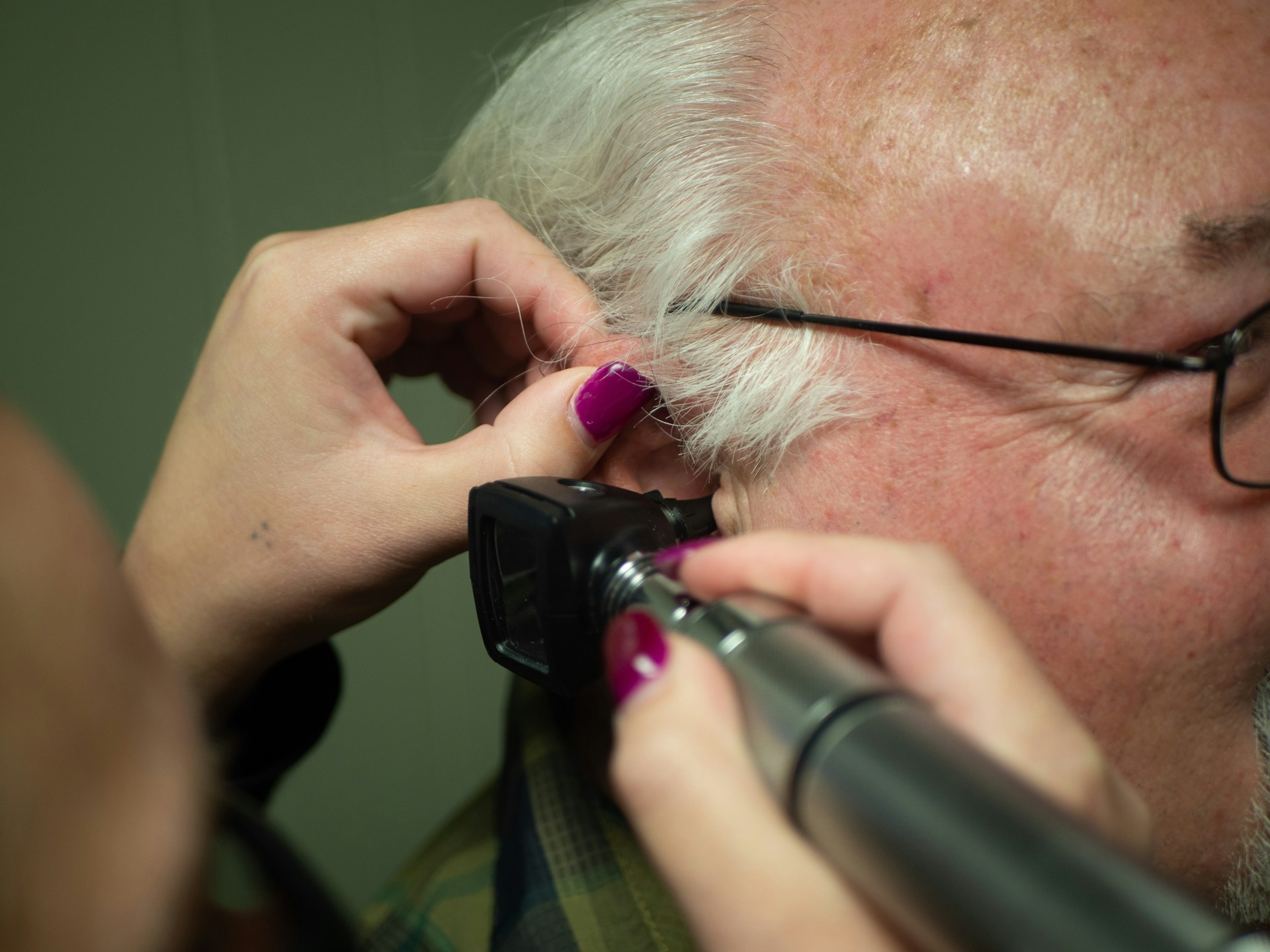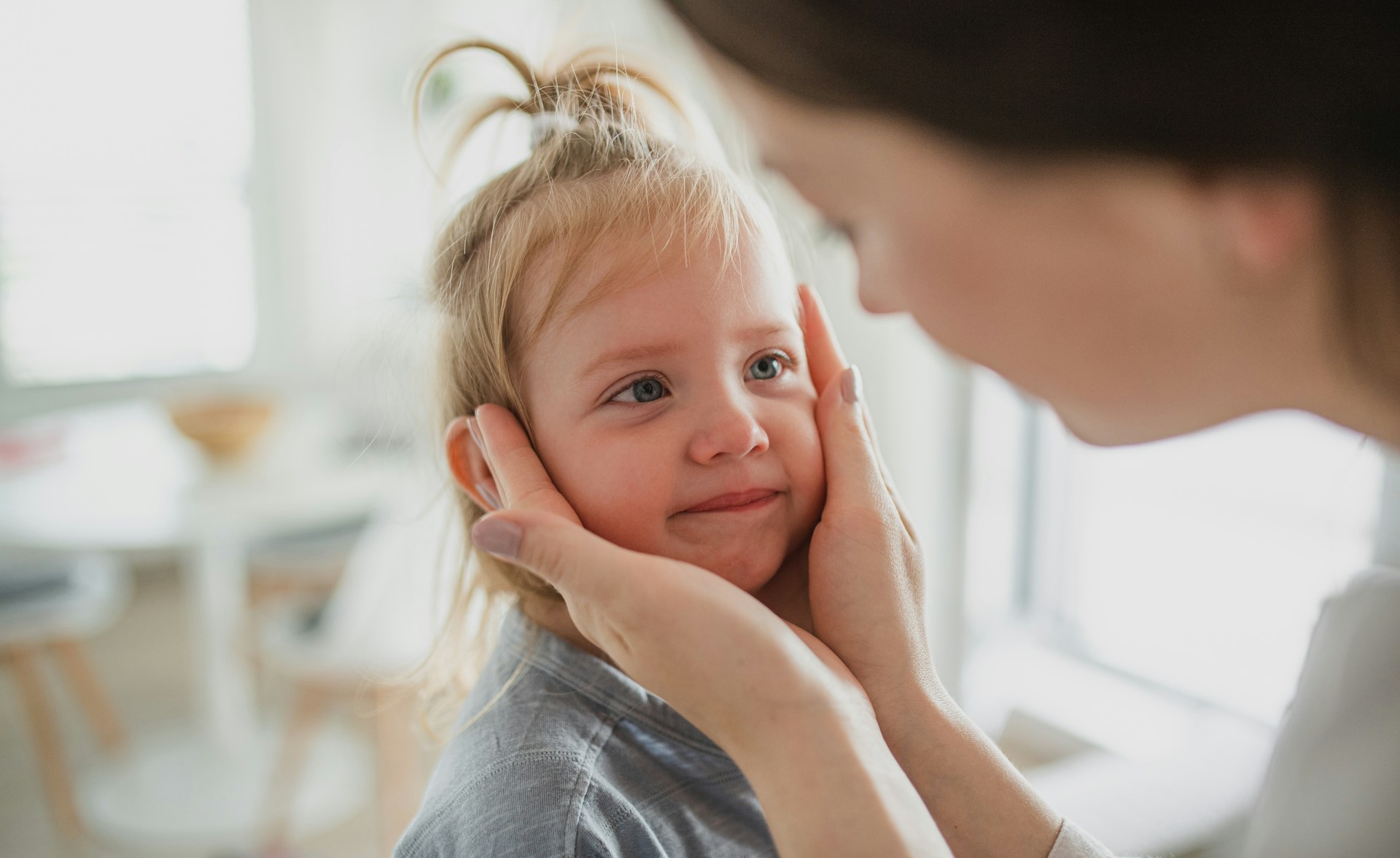As we grow older, taking care of our health becomes more important than ever. We get check-ups for the heart, teeth, and eyes, but surprisingly, many forget about their ears. Hearing is a critical part of staying connected, and regular checks are the best way to ensure everything’s working as it should. Ignoring ear health can lead to problems, especially for seniors who might already be dealing with age-related changes in their bodies. While the effects might not be as immediately noticeable as poor vision or aching joints, untreated hearing issues can sneak into your life, bringing along unnecessary stress and isolation.
Understanding the importance of hearing tests can be eye-opening, especially when you consider their impact on daily life. Hearing is not just about catching the morning news or listening to our favorite tunes; it plays a key role in communication, which is foundational to building and maintaining personal relationships. Let’s explore why regular hearing tests should be at the top of your health checklist as you age.
The Importance of Hearing Tests for Seniors
Our hearing can naturally decline with age, often so slowly that we don’t notice the change until it becomes significant. It’s like a radio with fading signals—sometimes you catch every word, other times you miss half the conversation. This gradual change can lead to misunderstandings or feeling disconnected in social settings, as it’s hard to engage when you can’t clearly hear what’s being said.
Ignoring these changes can impact social life and mental well-being. Imagine attending a family gathering but struggling to keep up with the conversation because of poor hearing. This can lead to feelings of isolation or frustration that can sneak up on you. Beyond social challenges, unresolved hearing issues can also stress the brain as it works harder to decipher sounds, potentially affecting your mental health over time.
Regular hearing tests serve as a proactive approach to tackling these challenges. By checking your hearing regularly, you can quickly address changes before they interfere with daily life. Consider it a routine like checking your car’s oil. If something’s off, it’s far simpler to fix a small problem early rather than face major repairs later. Taking action with hearing tests ensures that your golden years are filled with clear conversations and quality experiences.
Benefits of Regular Hearing Tests
Staying on top of hearing health can bring a range of benefits that make everyday life more enjoyable and less stressful. Regular hearing tests offer early detection and management of potential issues. Just as catching a cold early with some rest can prevent a flu, early action on hearing changes can prevent more severe conditions. You’d want to know if your eyesight was changing before things got fuzzy, right? It’s similar with hearing.
Here’s how regular tests can help:
– Early Detection: Spot and manage hearing issues before they worsen, keeping your hearing in the best shape possible.
– Improved Communication: Better hearing aids and other solutions lead to clearer, more effective interactions with friends and family, reducing those pesky misunderstandings.
– Enhanced Quality of Life: When you hear better, you engage more fully in activities, stay connected with social circles, and actively participate in the community without feeling left out.
What to Expect During a Hearing Test
For many, the thought of a hearing test might seem daunting. But the process is simple and straightforward, designed to make you feel comfortable. Knowing what to expect can ease any nerves you might have about undergoing the test.
Typically, a hearing test involves a few quick and painless steps:
– Initial Discussion: Your audiologist will chat with you about any hearing concerns or experiences you’ve noticed. It’s a chance to share anything unusual you’ve observed.
– Pure-Tone Tests: You’ll listen to tones at different pitches to determine what range is harder to hear.
– Speech Recognition: This part checks how well you can understand words in quiet and noisy situations, mimicking real-life environments.
These steps ensure your hearing is thoroughly evaluated without unnecessary stress. The process is designed to be non-invasive and pain-free, giving you peace of mind and confidence in your hearing health.
How to Get Started with a Hearing Test in Australia
Taking that first step to schedule a hearing test is easier than you might think. Finding a reliable provider ensures you’re in good hands. Seek out clinics or care centres that offer comprehensive services and have professionals with a good reputation.
Don’t wait until hearing problems become bothersome. Scheduling a test now can save you from complications later. Reach out, make an appointment, and take control of your hearing health. It’s a positive step forward in maintaining a vibrant and connected lifestyle.
Maintaining good hearing is vital to enjoying a full and active lifestyle. To ensure you’re on the right track, why not schedule a hearing test in Australia with Country Hearing Care? Our experienced team is ready to help you keep your hearing in peak condition so you can stay connected with the world around you. Take the first step towards better hearing today and enjoy clearer conversations and vibrant experiences.











